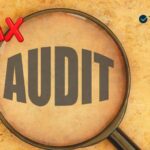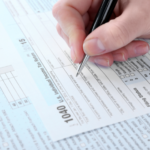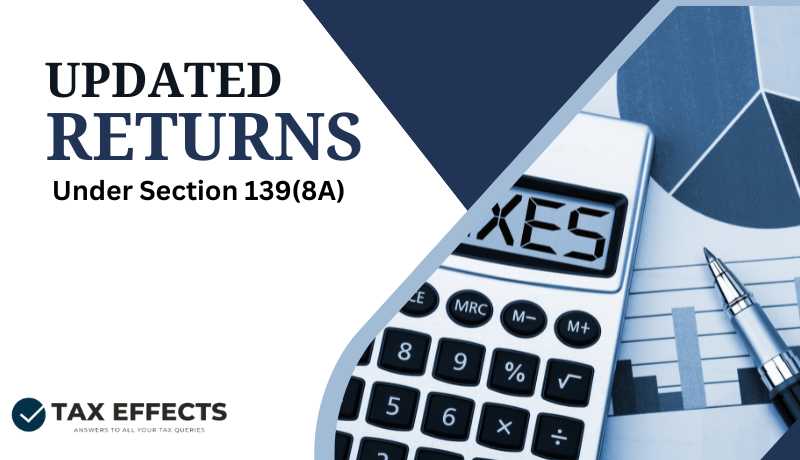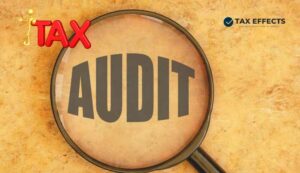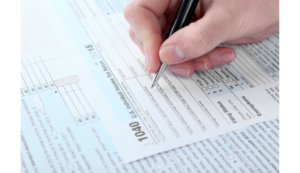In this article, we will discuss about Section 139(8A) – Updated Return in detail.
Updated Return – Section 139(8A)
A new provision under section 139(8A) of the Act for furnishing the updated income tax return of income by any individual whether he has furnished a return formerly for the related assessment year or not. Finance Bill, 2022 has inserted a new section, Section 139(8A) in Income Tax Act. This new section provides for facilitating filing of ‘Updated Return’ by the taxpayers. This section has effect from 1st April 2022.
Conditions that need to be fulfilled
A taxpayer can file an updated return within 2 years from the end of the relevant Assessment Year. Thus, a taxpayer can now file an updated return for the period from AY 2020-21 (i.e. FY 2019-20). Updated return can be filed irrespective of the fact that whether the original return was filed by the taxpayer or not. However, to file an updated return, the taxpayer has to fulfil the below-mentioned conditions:
a. Updated return can be filed only if the taxpayer has to disclose any additional income, which was missed/omitted earlier & pay the additional tax thereon on such missed/omitted additional income.
b. Updated return cannot be filed to reduce any income and report loss or increase the loss thereby resulting in reduction of tax liability or increase in tax refund.
c. The option of updated return can be opted only once for one assessment year.
d. If an assessee opts for filing return of income under Section 139(8A) then, they are required to pay additional tax as per Section 140B which ranges from 25% to 50% in the following manner)
- If the return of income is filed within 12 months from the end of relevant assessment year, then additional tax shall be equal to 25% of aggregate of tax and interest payable. (i.e if the return of income is filed on or before 31.03.2024 for assessment year 2022 – 23).
- If the return of income is filed after 12 months but before 24 months from the end of relevant assessment year, then additional tax shall be equal to 50% of aggregate of tax and interest payable. (i.e if the return of income is filed on or before 31.03.2025 for assessment year 2022 – 23).
- Interest under Section 234 A/B/C shall be calculated till the actual date of filing of return of income. Surcharge, Health and Education Cess, Fees & Interest are included while calculating additional tax to be paid under Section 140B of the Income Tax Act.
e. While filing an updated return, the proof of payment of additional income tax & interest thereon shall have to be submitted by the taxpayer.
f. A taxpayer cannot file an updated return in case of search & seizure or case where any prosecution proceedings have been initiated against the taxpayer.
Applicability
This section is applicable to all the assesses. However, there are some cases mentioned in the proviso where the updated return cannot be filed. If not satisfied, such assessee are not eligible for filing the updated return. Following are the exceptions (return cannot be filed):
i. Updated return is being filed for a return of loss or has the effect of decreasing the total tax liability determined on the basis of return furnished u/s 139(1), (4) or (5).
ii. Updated return results in refund or increases the refund due on the basis of return furnished u/s 139(1), (4) or (5). The only benefit to the assessee is to voluntarily disclose the error or omission and save themselves from the future litigation.
iii. Assessee cannot file updated return if a search has been initiated under section 132 or books of account or other documents or any assets are requisitioned under Section 132A in the case of such person; or a survey has been conducted under Section 133A.
iv. Any proceeding for assessment or reassessment or revision of income under this Act is pending or has been completed for the relevant assessment year in case of an assessee.
v. AO has information in respect of such person for the relevant assessment year in his possession under Smugglers and Foreign Exchange Manipulators (Forfeiture of Property) Act, 1976 or Prohibition of Benami Property Transactions Act, 1988 or Prevention of Money-laundering Act, 2002 or Black Money (Undisclosed Foreign Income and Assets) and Imposition of Tax Act, 2015 or information for the relevant assessment year has been received under an agreement referred to in section 90 or section 90A in respect of such person and the same has been communicated to him, prior to the date of furnishing of return under this sub-section; or any prosecution proceedings under the Chapter XXII have been initiated for the relevant assessment year in respect of such person, prior to the date of furnishing of return under this sub-section.
Time limit to file an Updated Return
The updated return can be filed within period of 24 months from the end of the relevant assessment year.
For example, the updated return pertaining to FY 2019-20 can filed latest by 31st March, 2023, for FY 20-21 can filed latest by 31st March, 2024 & for FY 2021-22 can filed latest by 31st March, 2025.
Can an Updated return be revised?
- If assessee files his return of income under Section 139(8A) for AY 2021 – 22 by 31st March 2023 paying the additional tax of 25% as prescribed under the relevant provisions of the Act and later on, a mistake was noted in the return of income filed under Section 139(8A), can assessee file his return of income under Section 139(8A) again to rectify a mistake which has effect of increasing the tax liability – No, Section 139(8A) states that where an updated return has already been furnished by him an assessee cannot opt for filing return of income again under section 139(8A) for the same assessment year.
Can assessee claim the benefit of Self-Assessment tax paid under Section 140A?
- Yes, tax payer can claim the benefit of self-assessment tax paid under Section 140A of the Act if it is already claimed in the original return of income filed u/s. 139(1) or belated/revised return of income u/s. 139(4) / (5) of the Act.
- However, if no return of income is filed under section 139(1)/(4)/(5) and self-assessment tax paid any time before filing the updated return under section 139(8A) of the Act, such self-assessment tax cannot be considered for the purpose of computation of additional tax liability. Such self-assessment tax can be claimed as credit/deduction while arriving at the tax liability.
Problem : If an assessee receives the notice for scrutiny assessment under section 143(2) from Income Tax Department for AY 2022 – 23 then whether return of income under Section 139(8A) can be filed by the assessee?
Answer: “No” as per the provisions of section 139(8A), if any proceeding for assessment or reassessment or revision of income under this Act is pending or has been completed for the relevant assessment year then the assessee cannot opt for filing his return of income under section 139(8A).
Following are considered as assessment pending:
a) Regular assessment under section 143(3): The date on which notice under section 143(2) is issued.
b) Reassessment under section 147:
Case – 1 – If notice under section 148A is issued & order under section 148A(d) is passed stating that the proceedings are dropped. The updated return under section 139(8A) cannot be filed between the date of issue of notice under section 148A and order u/s 148A(d) is passed.
Case – 2 – If notice under section 148A is issued and order u/s 148A(d) is passed stating that it is a fit case to issue notice under section 148 of the Act. The updated return cannot be filed on or after the date of issue of notice under section 148A of the Act.
Happy Readings!
Disclaimer: The information contained in this website is provided for informational purposes only, and should not be construed as legal/official advice on any matter. All the instructions, references, content, or documents are for educational purposes only and do not constitute legal advice. We do not accept any liabilities whatsoever for any losses caused directly or indirectly by the use/reliance of any information contained in this article or for any conclusion of the information.

